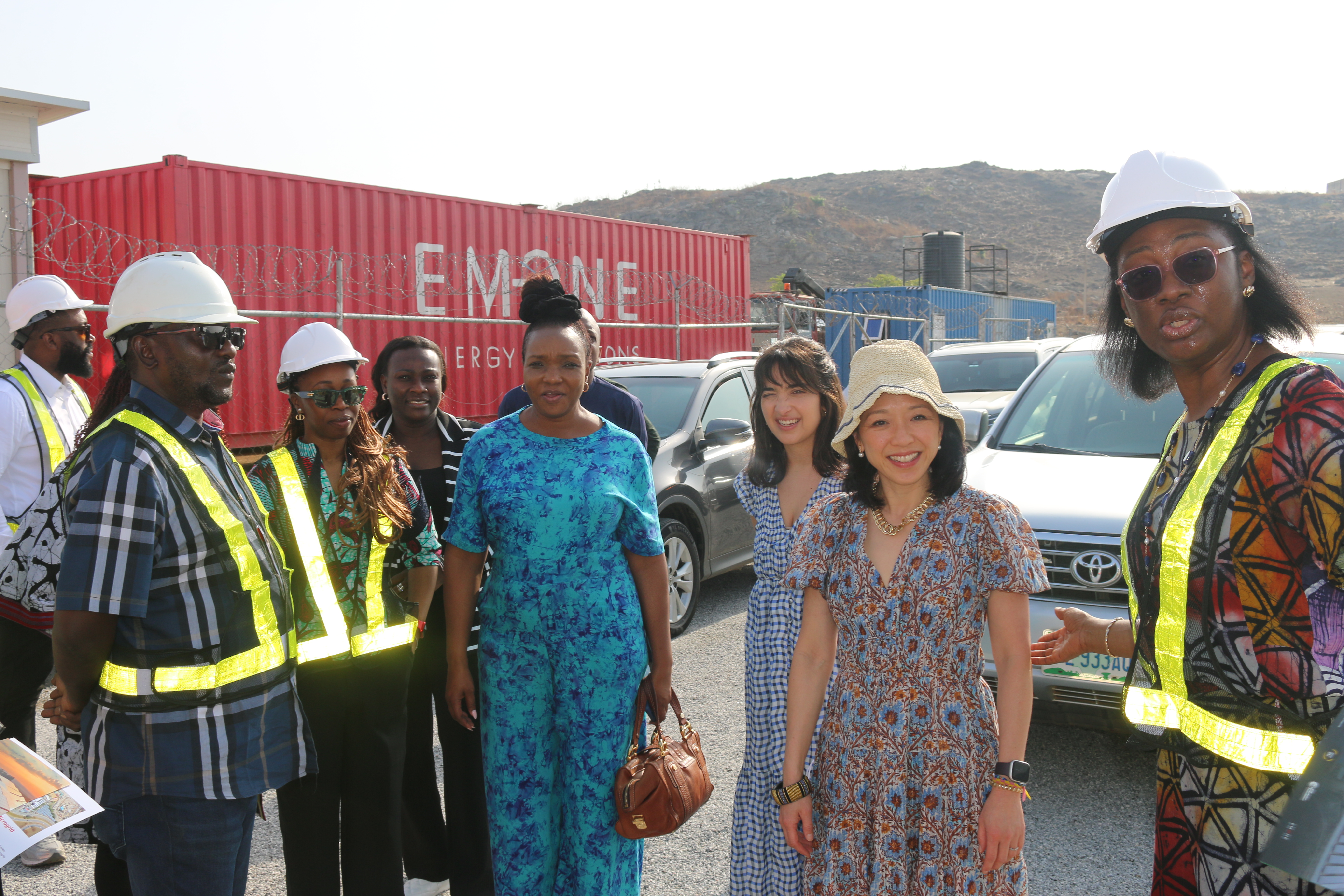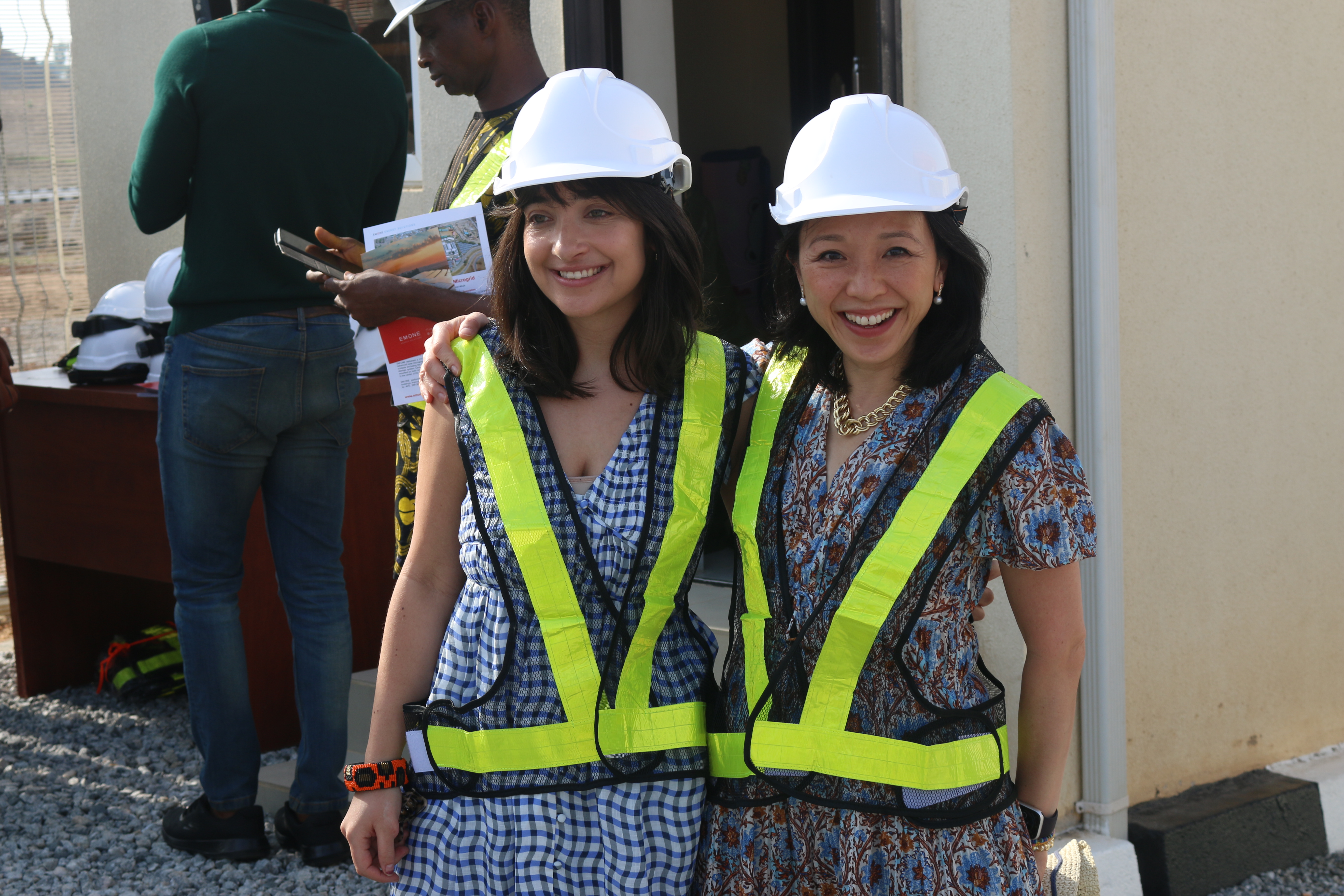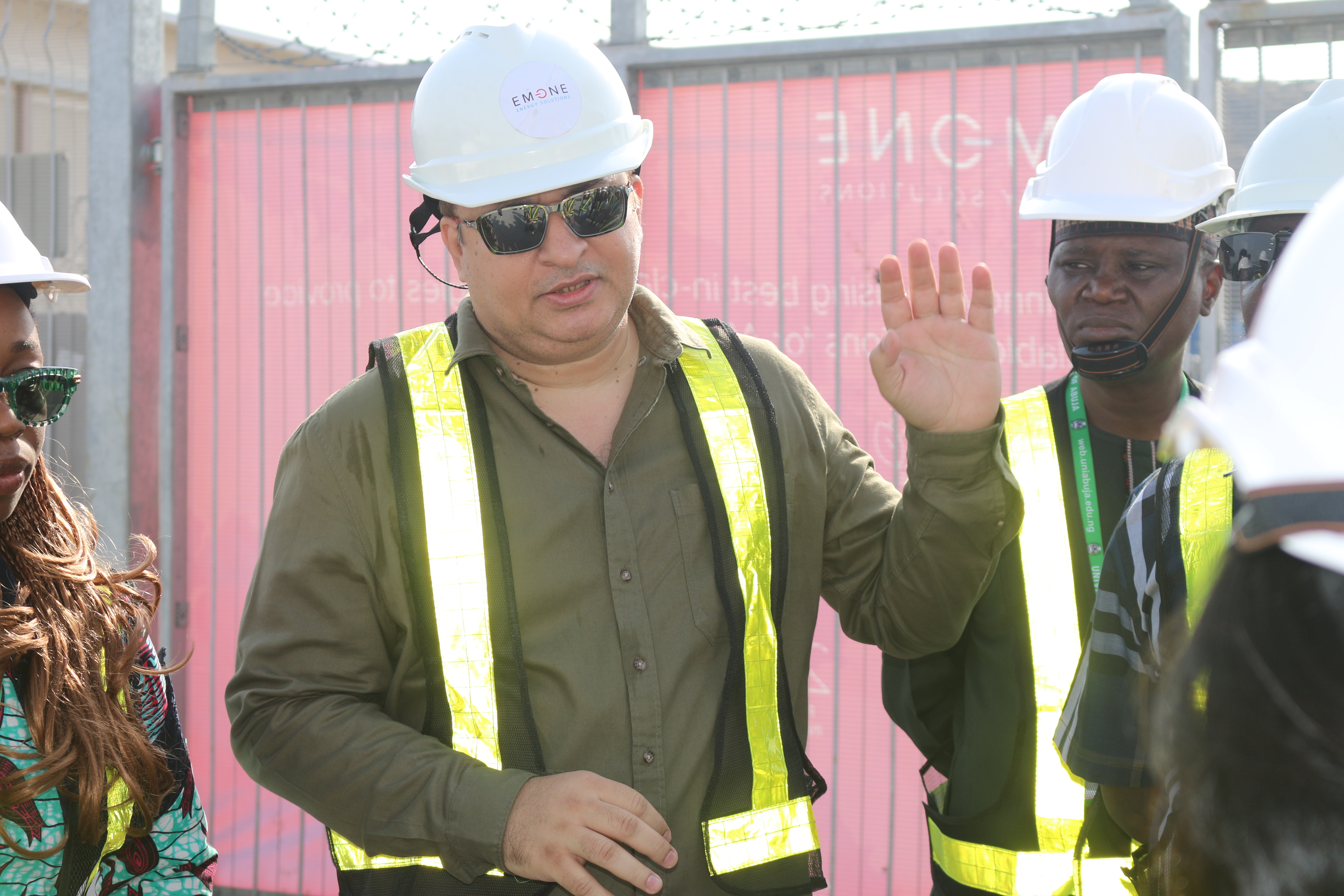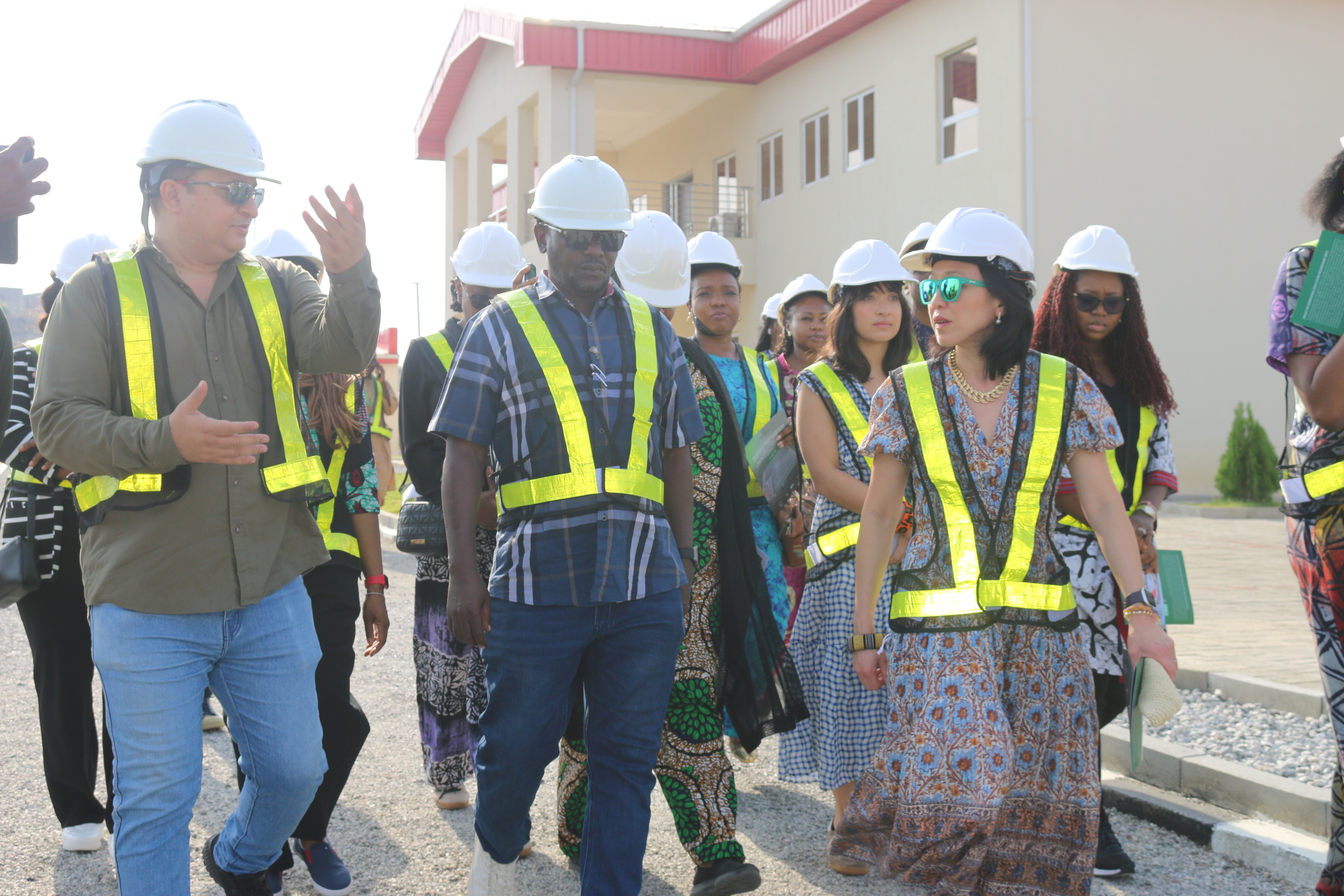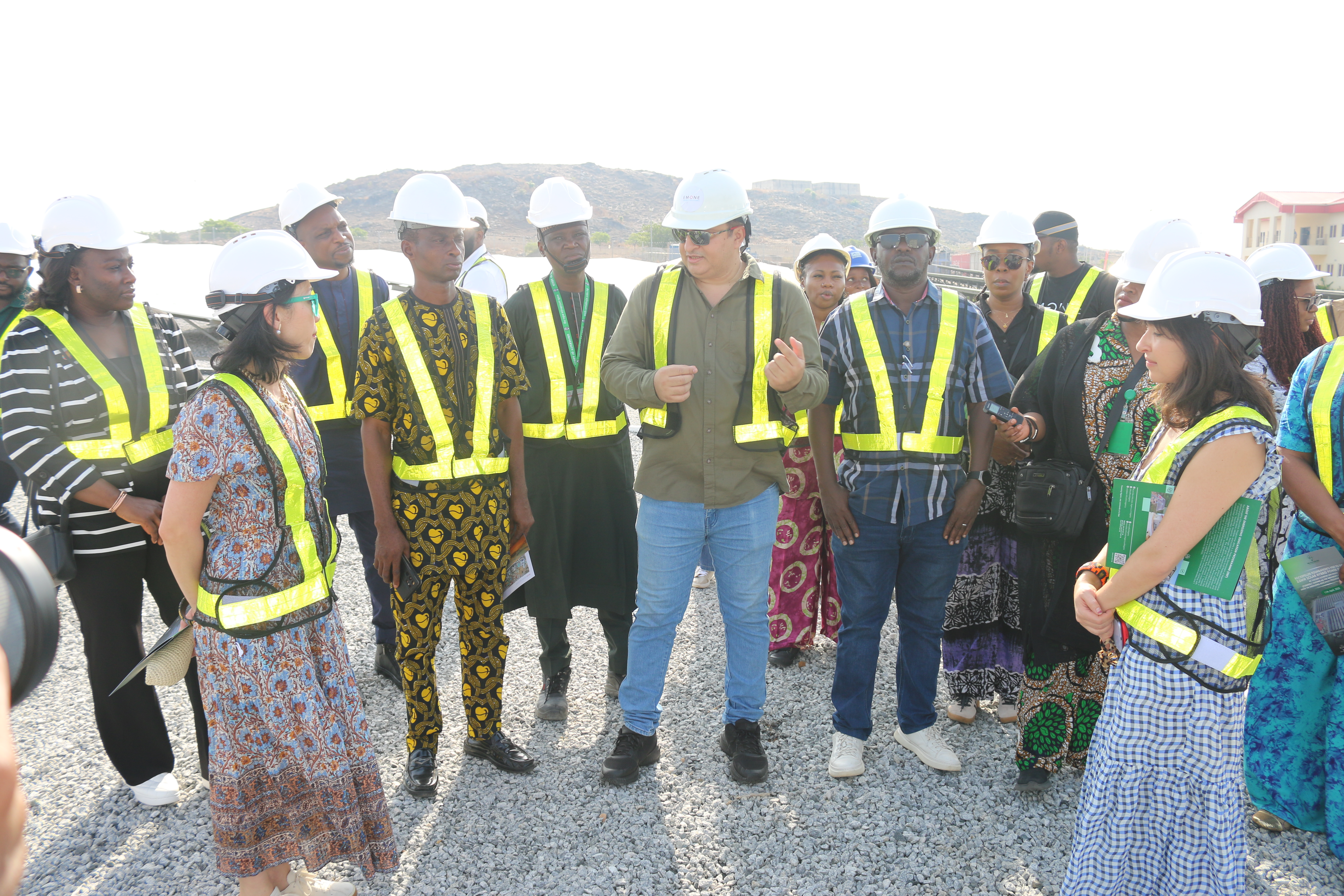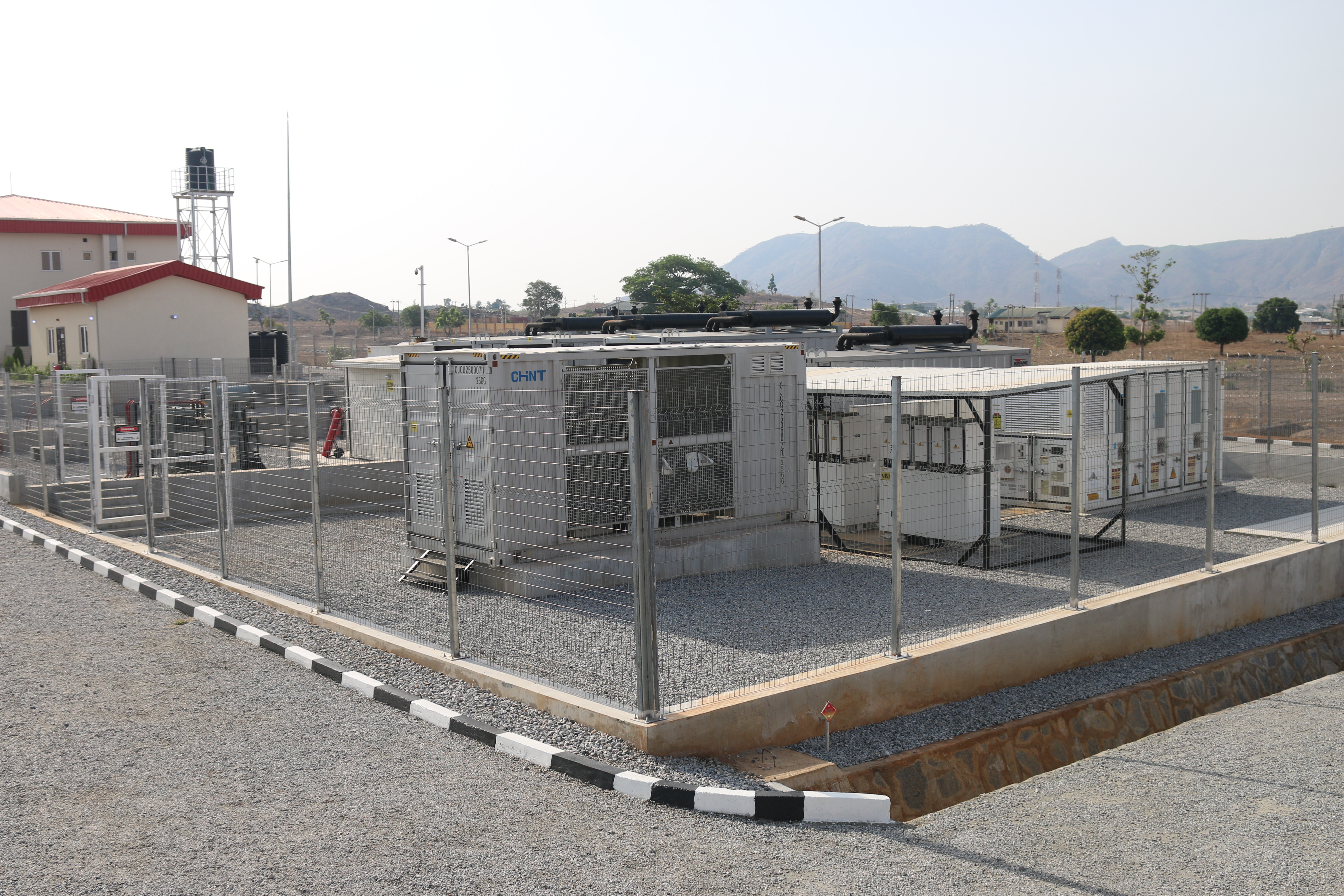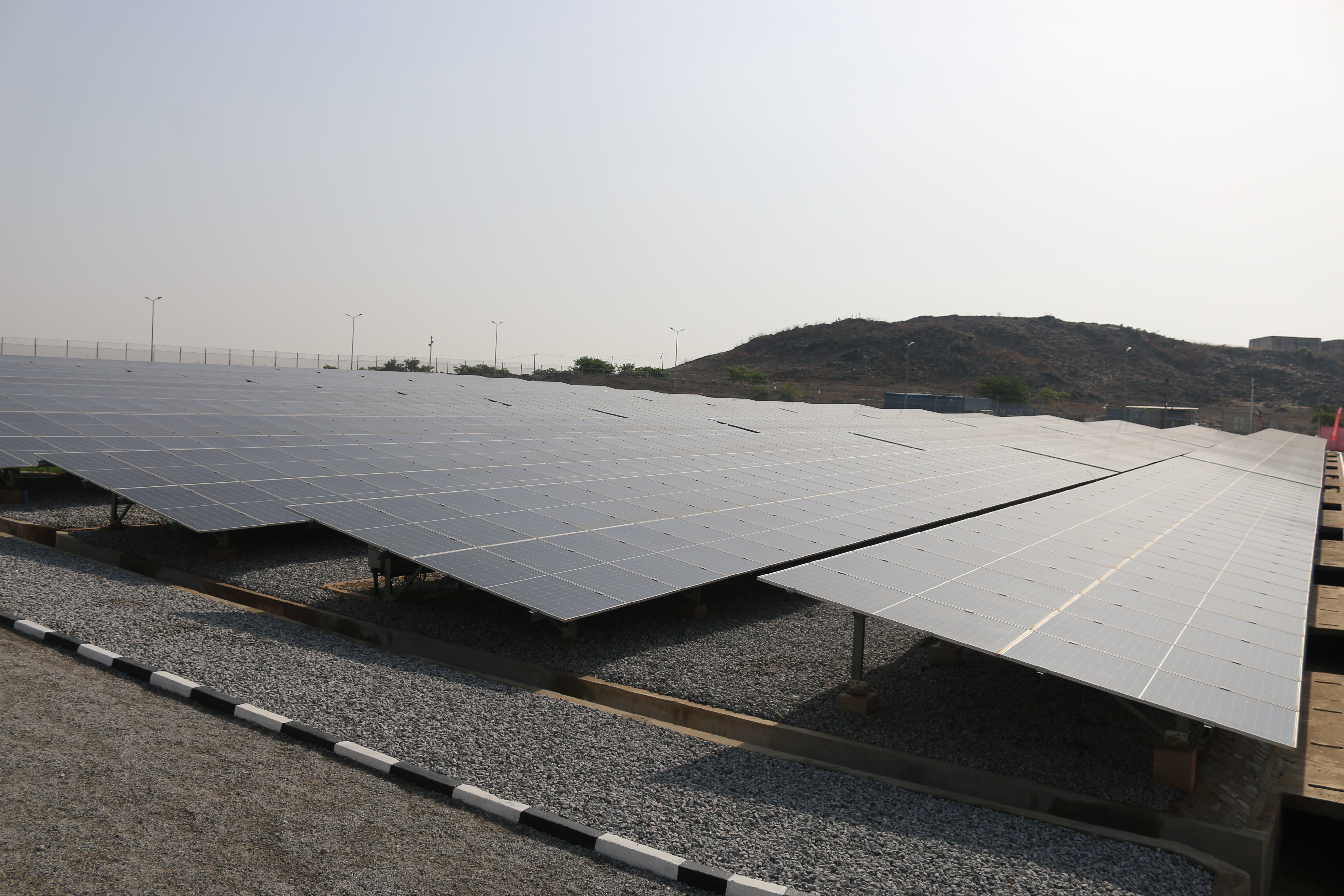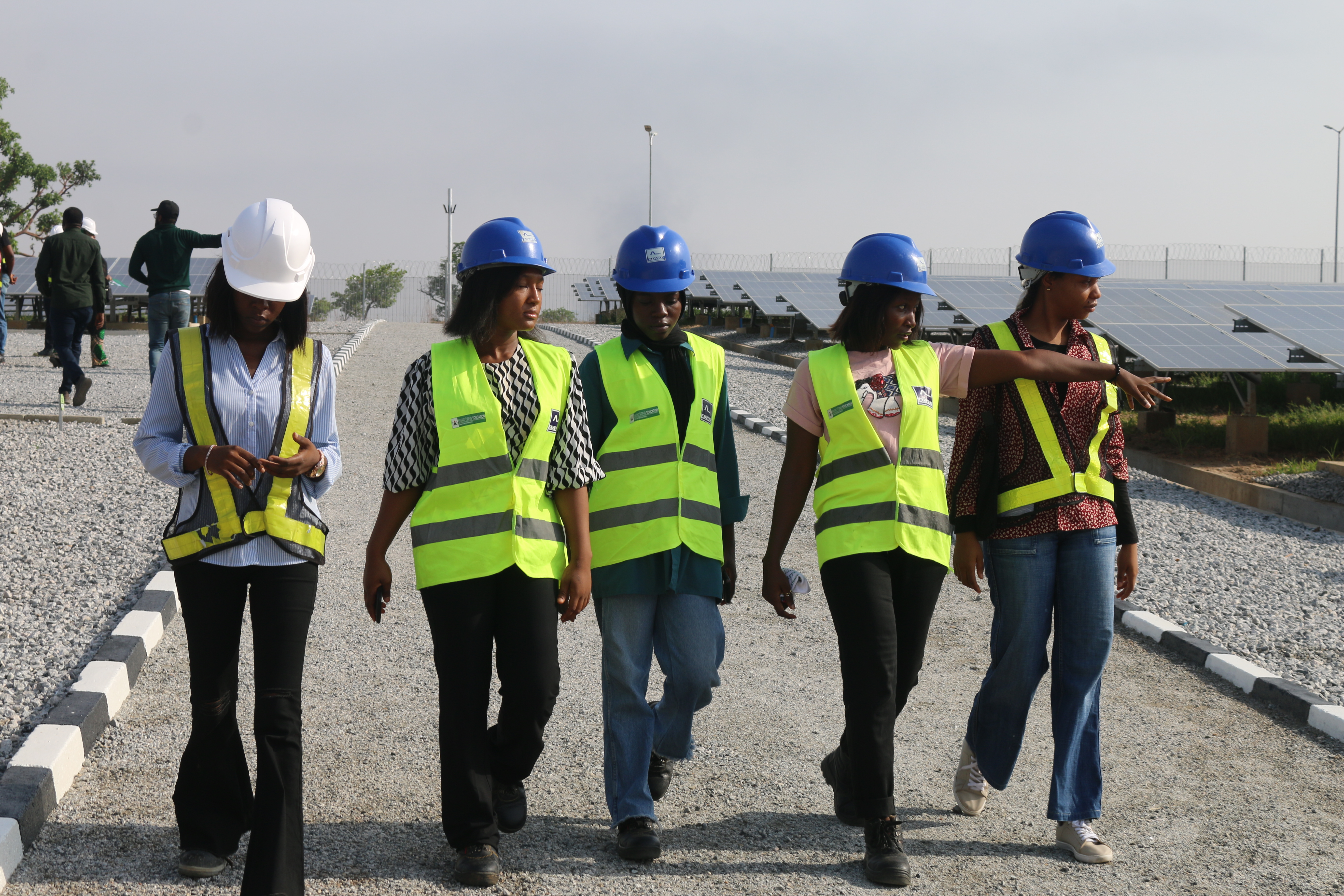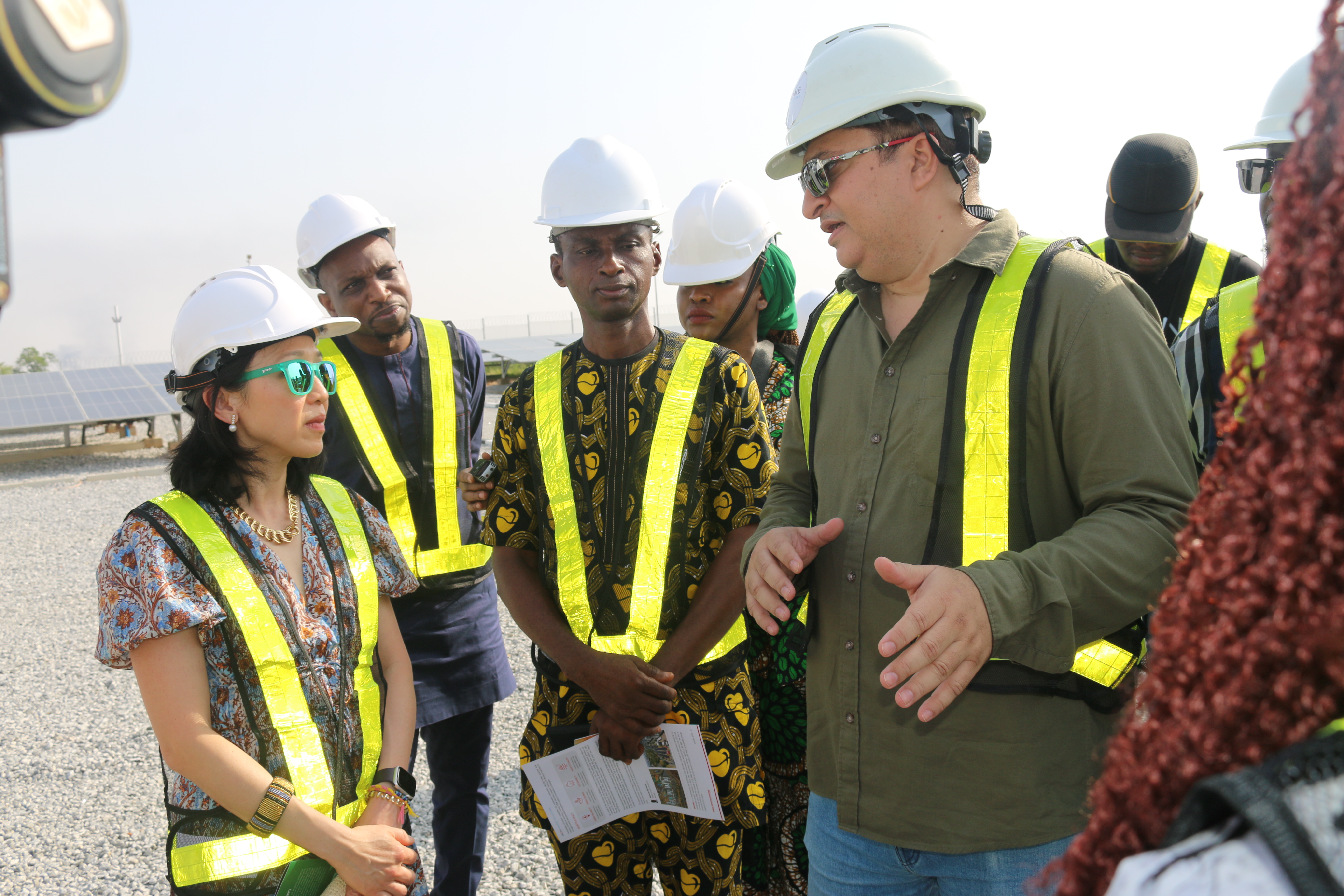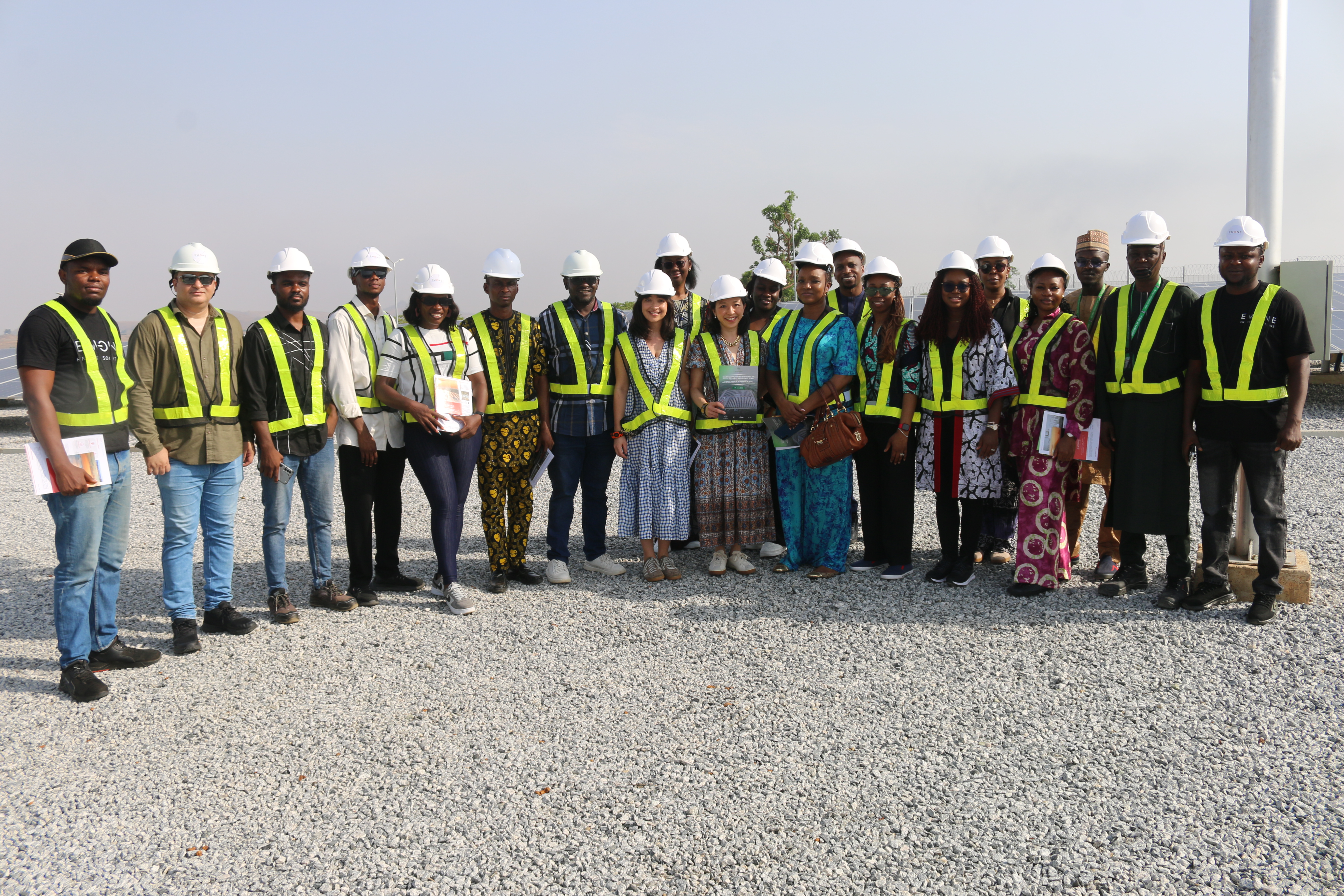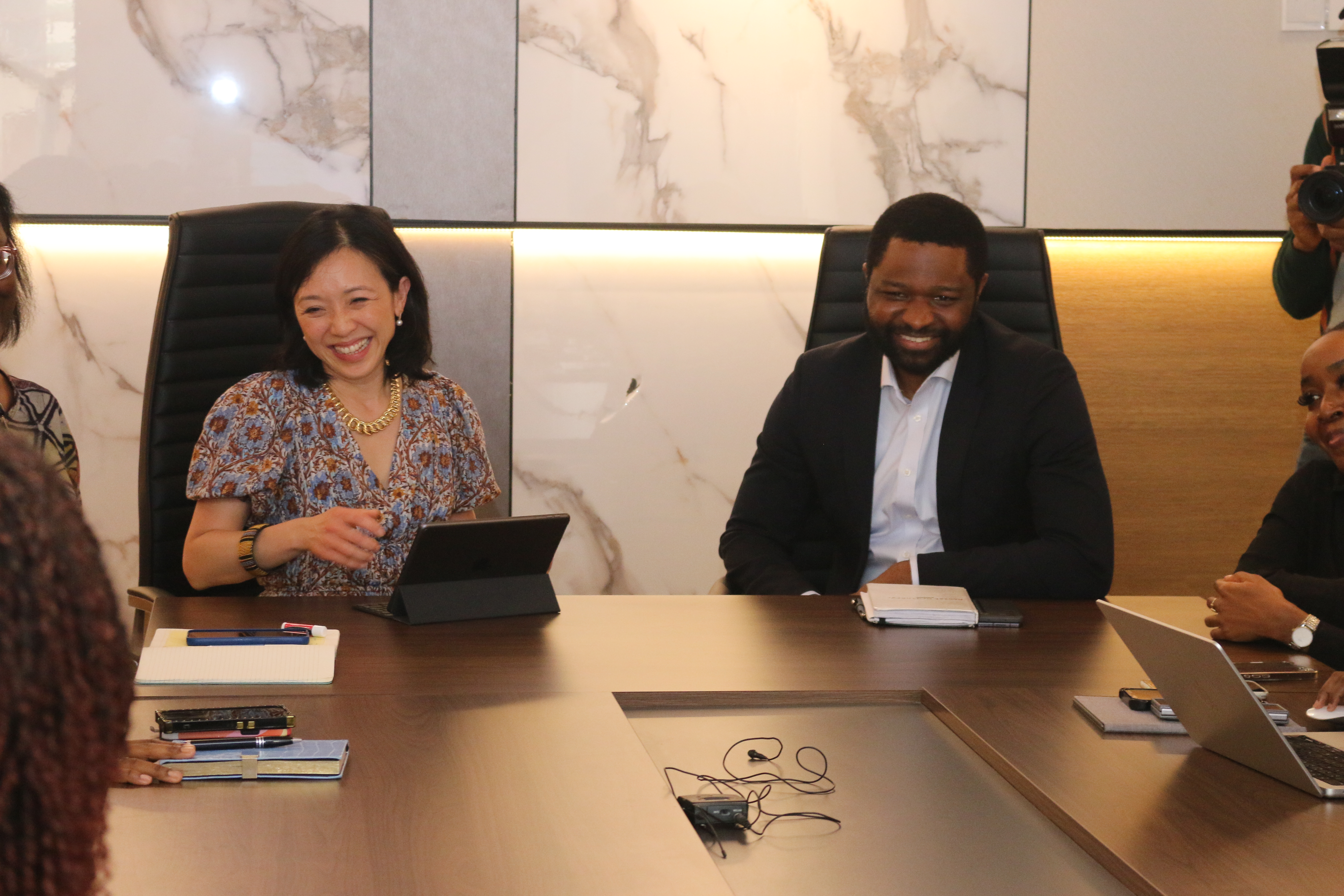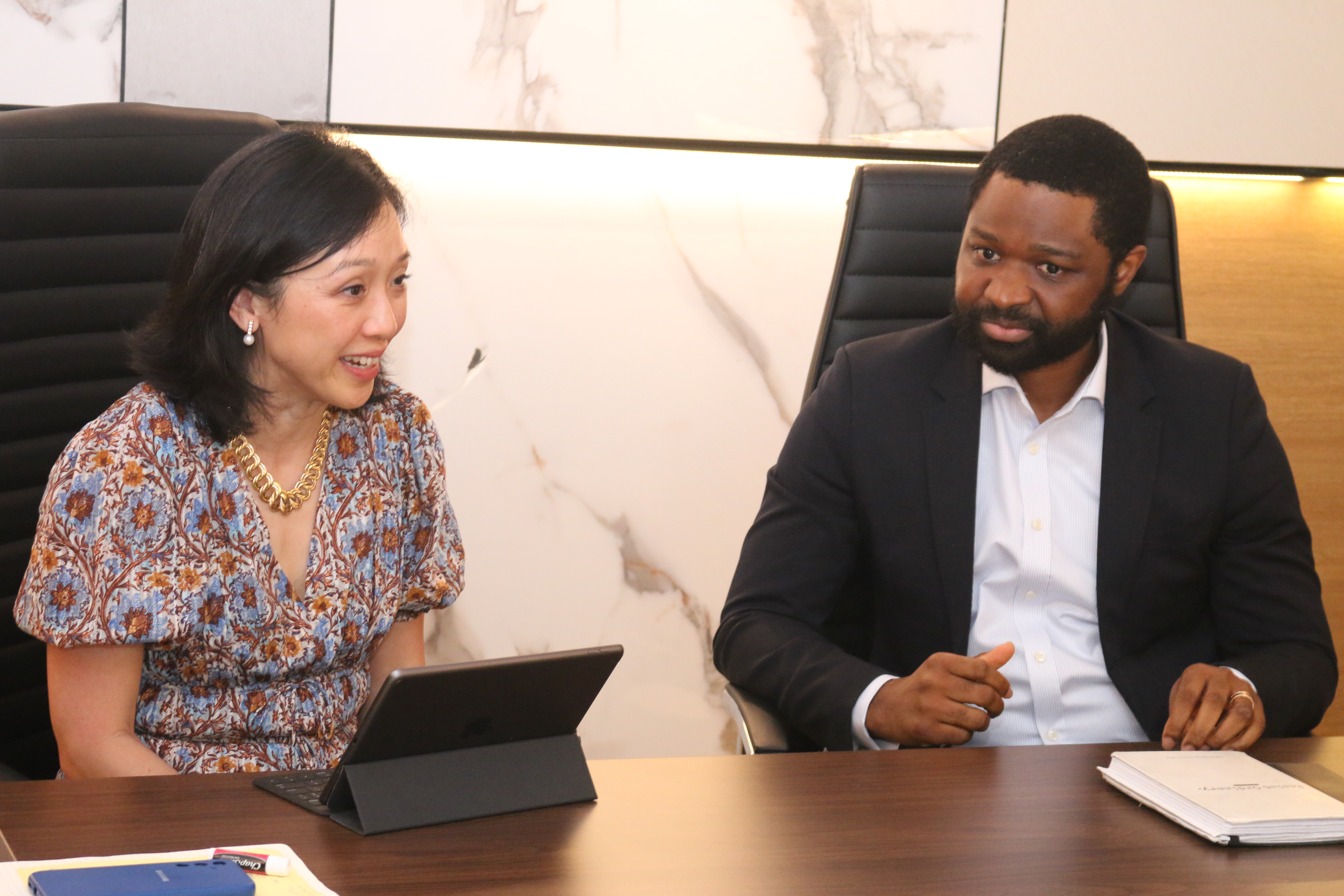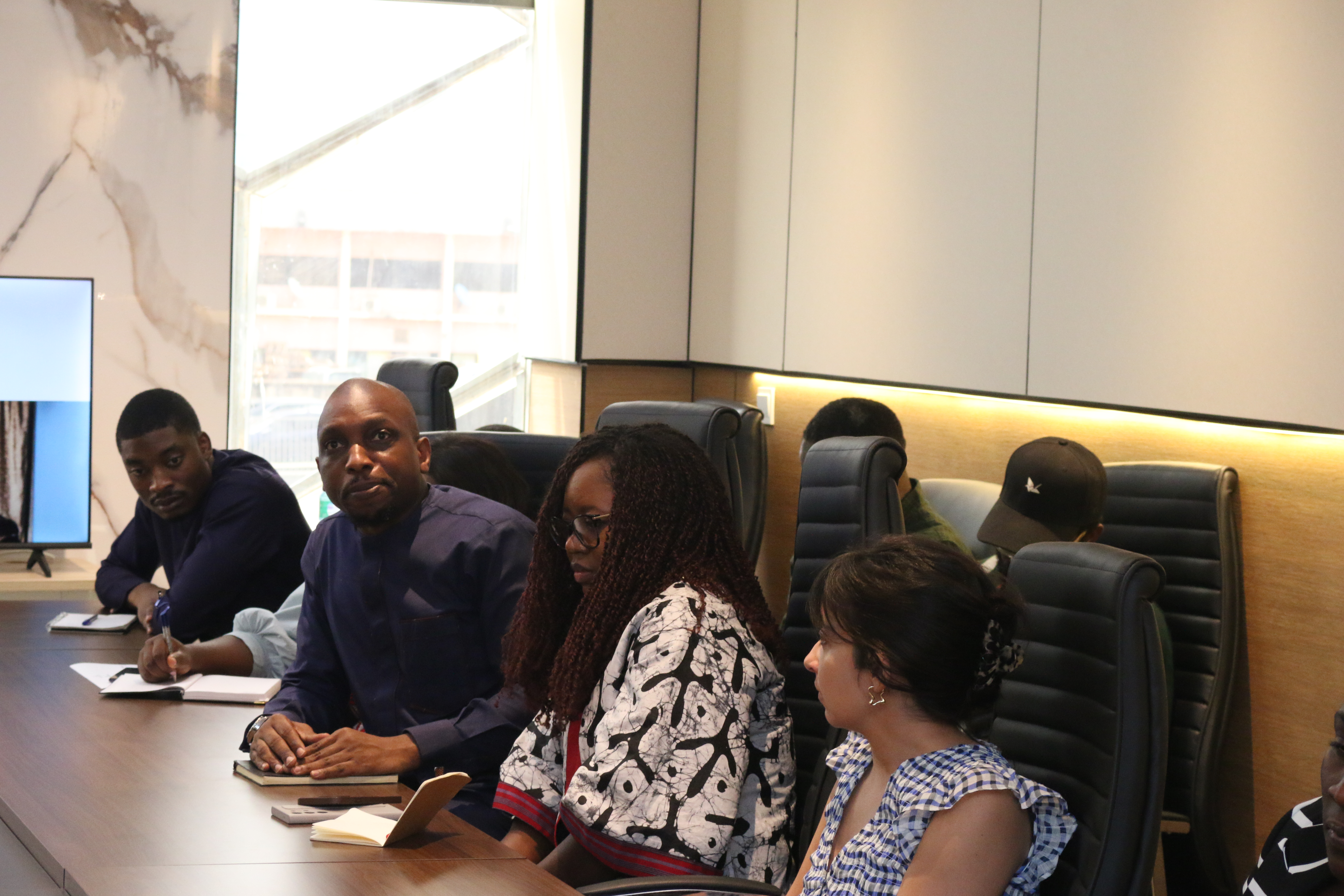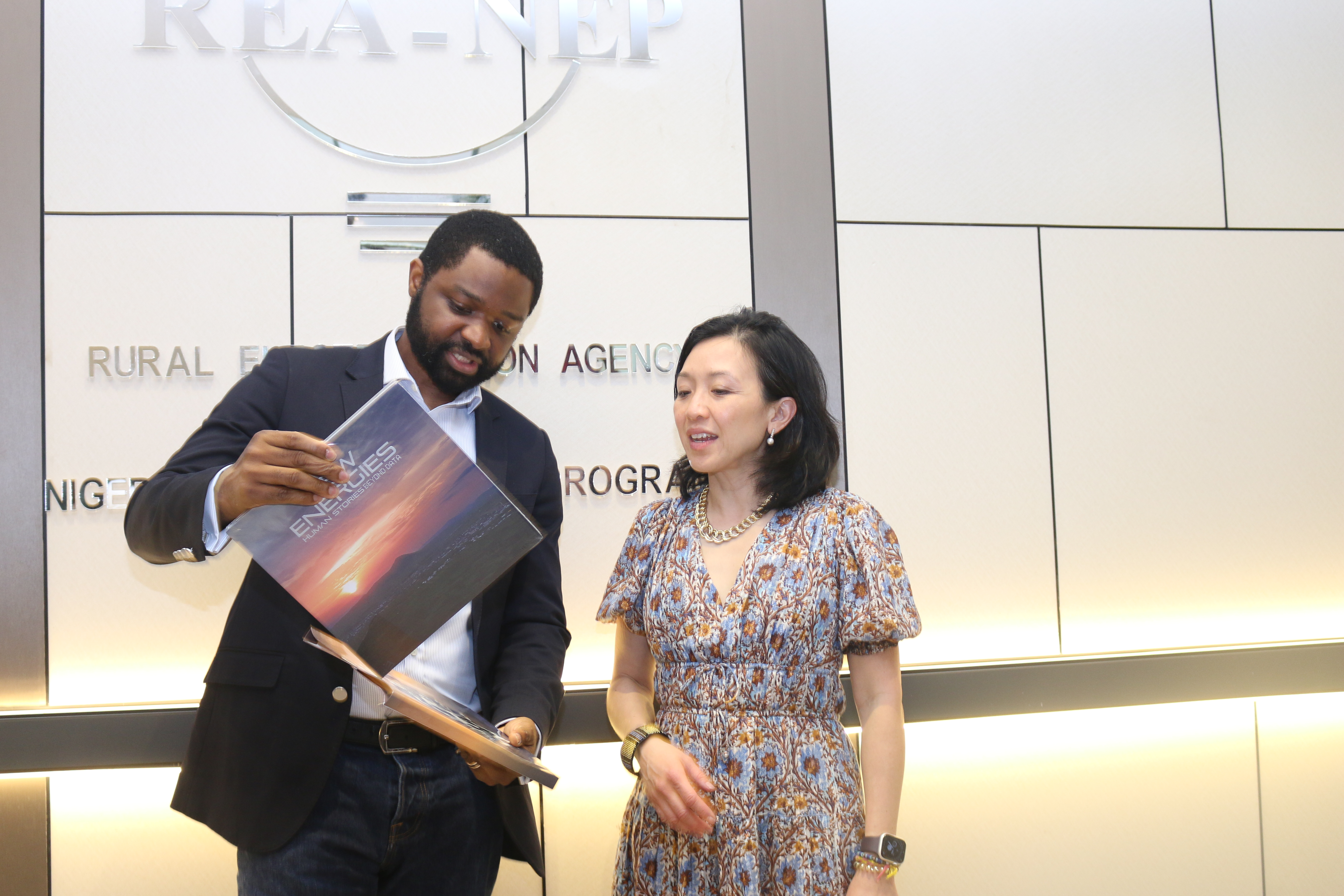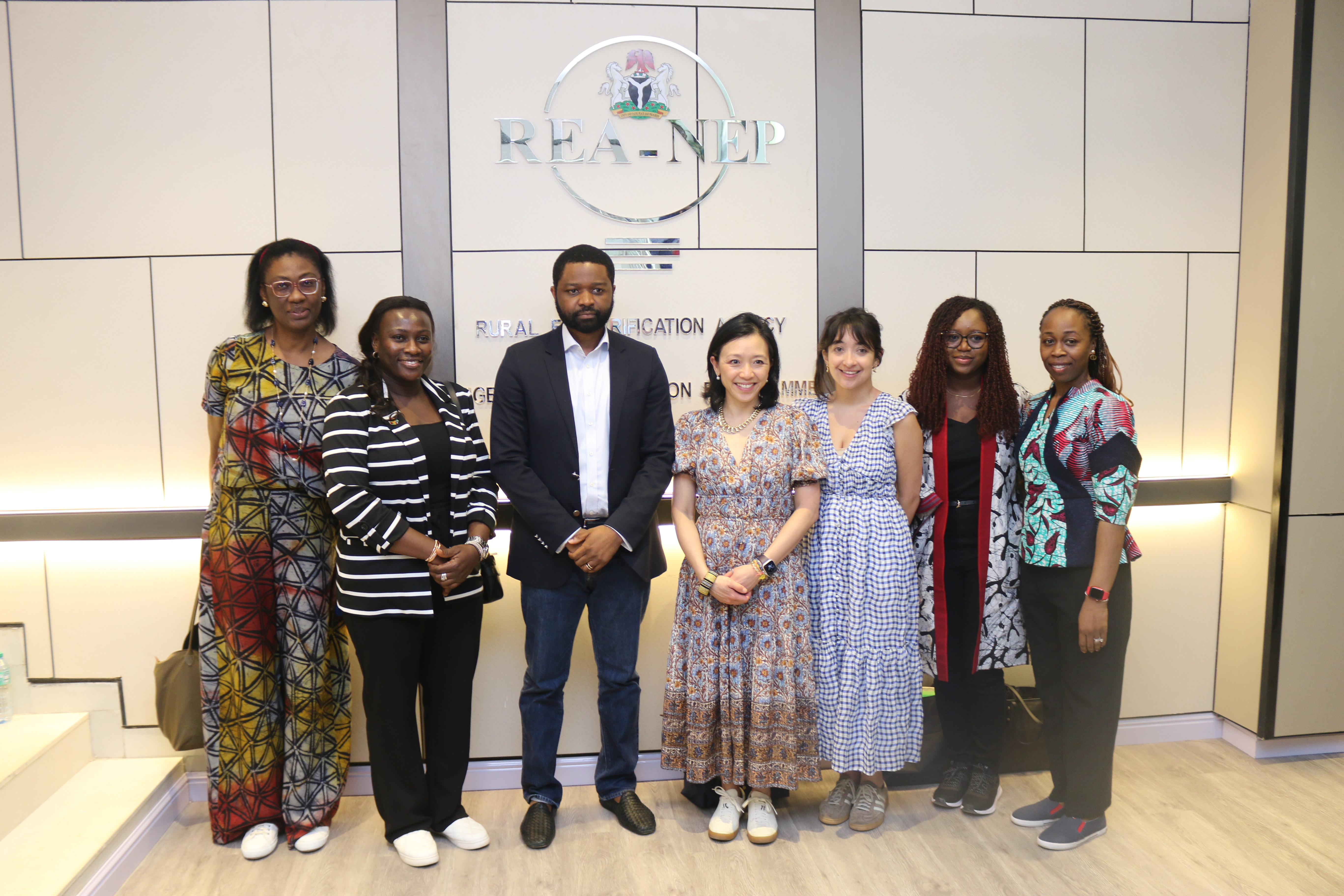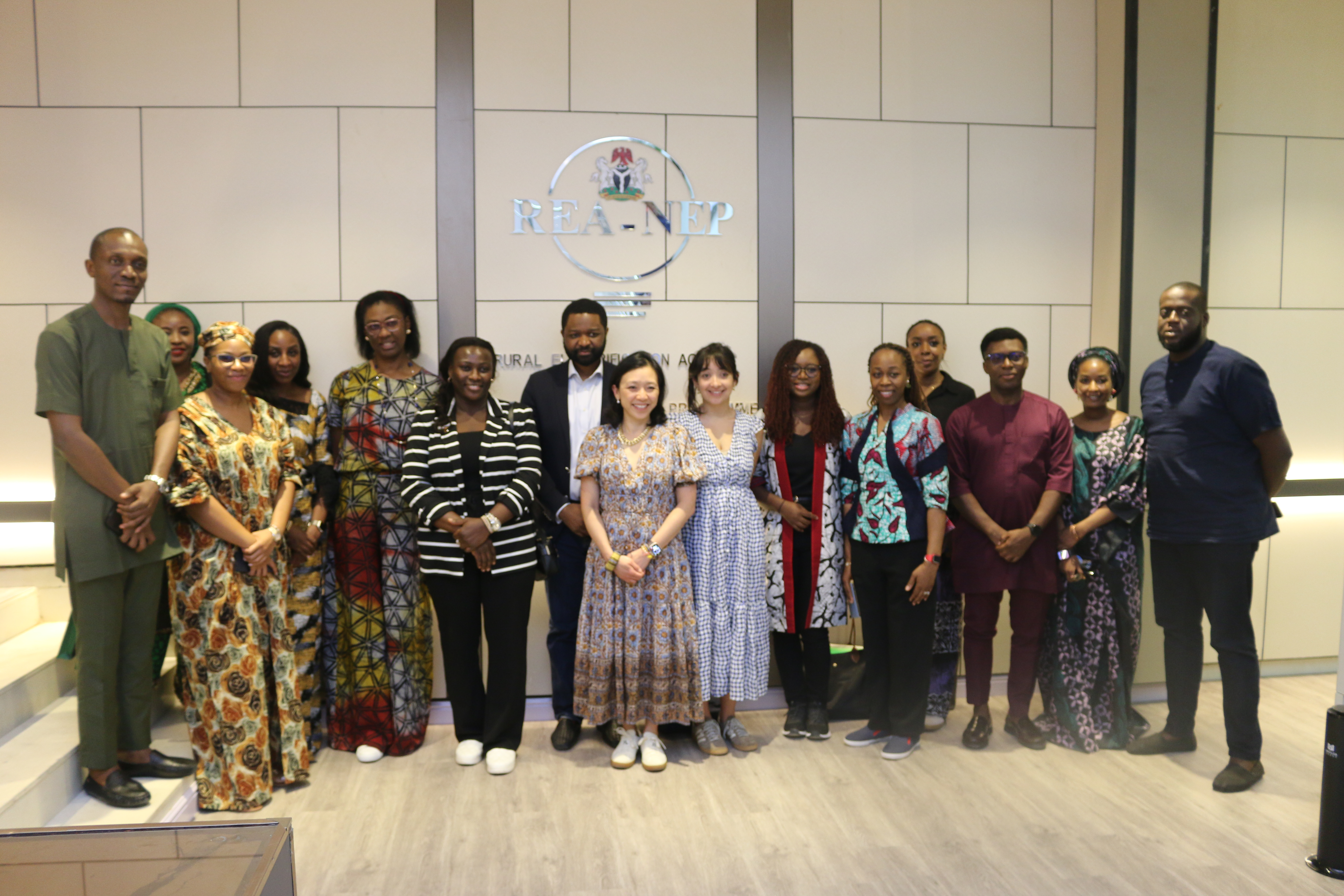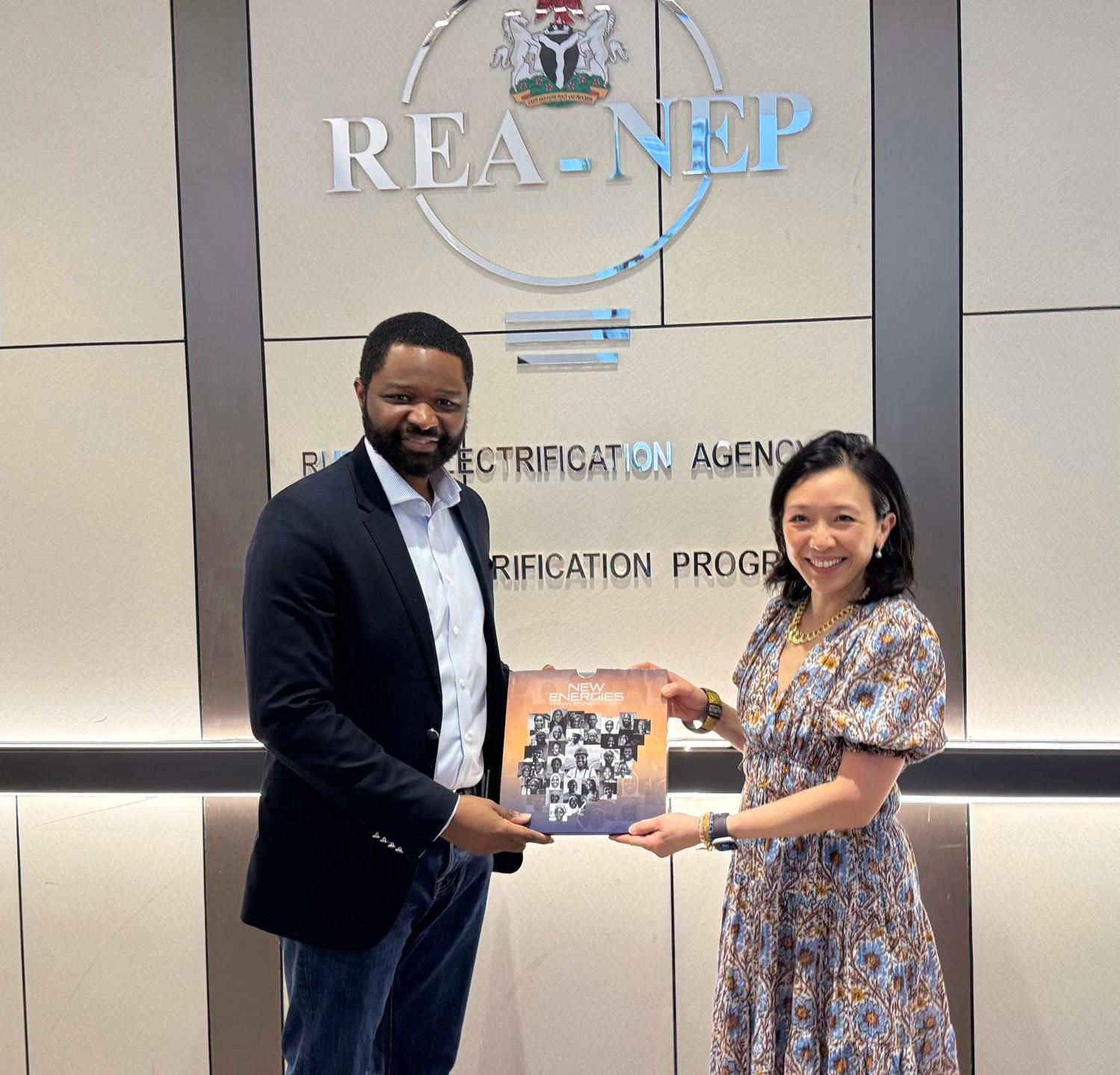
The Rural Electrification Agency (REA) of Nigeria on Thursday hosted a high-level delegation from the Rockefeller Foundation in a strategic engagement aimed at deepening collaboration under the ambitious Mission 300 initiative, a global drive to deliver energy access to 300 million people in sub-saharan Africa by 2030.
The delegation, led by Liz Yee, Executive Vice President of Programs at the Rockefeller Foundation, also included senior representatives from Sustainable Energy for All i(SEforALL) and the Global Energy Alliance for People and Planet (GEAPP). The visit formed part of a broader mission to assess progress on the Distributed Access through Renewable Energy Scale-up (DARES) Project, the first effective energy access initiative under Mission 300.
The delegation commenced its visit at Yakubu Gowon University (formerly University of Abuja), the site of a 3MW solar hybrid power plant developed under the Energizing Education Programme (EEP) Phase II, a flagship REA project financed by the World Bank. The initiative is designed to provide sustainable, reliable electricity to federal universities and teaching hospitals across Nigeria.
During the tour of the plant, which features a state-of-the-art solar energy generation system, storage components, and a dedicated distribution network, the esteemed delegation witnessed firsthand the transformative impact of electrification on education. Particularly moving was the interaction with female STEM interns under the EEP’s capacity-building programme, who shared their experiences on how access to reliable power has enhanced their learning environment and broadened their career aspirations.
“This is what impact looks like — not just in infrastructure, but in lives transformed,” said Liz Yee.
Following the site inspection, the delegation was received at the REA-NEP Project Management Office by Olufemi Akinyelure, Head of the Nigeria Electrification Project (NEP), who welcomed the team on behalf of the Managing Director/CEO of the REA, Abba Aliyu. The meeting featured detailed discussions around the technical design, implementation progress, and next steps for the DARES Project.
Funded by the World Bank, the DARES Project aims to accelerate electricity access for unserved and underserved Nigerians through decentralized renewable energy solutions such as solar mini-grids, standalone home systems, productive use equipment, and rooftop solar for public institutions. The initiative is a key component of Nigeria’s contribution to Mission 300 and stands as a model for scalable, inclusive energy delivery.
Speaking on behalf of the REA, Olufemi Akinyelure emphasized the significance of multi-stakeholder collaboration in scaling impact:
“The Rockefeller Foundation’s visit signals a shared commitment to bold, life-changing action. At REA, we see this partnership as pivotal to delivering real results — where data meets demand, where infrastructure drives inclusion, and where innovation meets the needs of our most vulnerable. Together, we are lighting up communities and futures.”
As Mission 300 continues to gain global traction, Nigeria remains at the forefront of efforts to drive sustainable energy access across the continent. The visit further underscored the importance of partnership, youth inclusion, and innovative financing models in building a resilient, low-carbon future for all.
